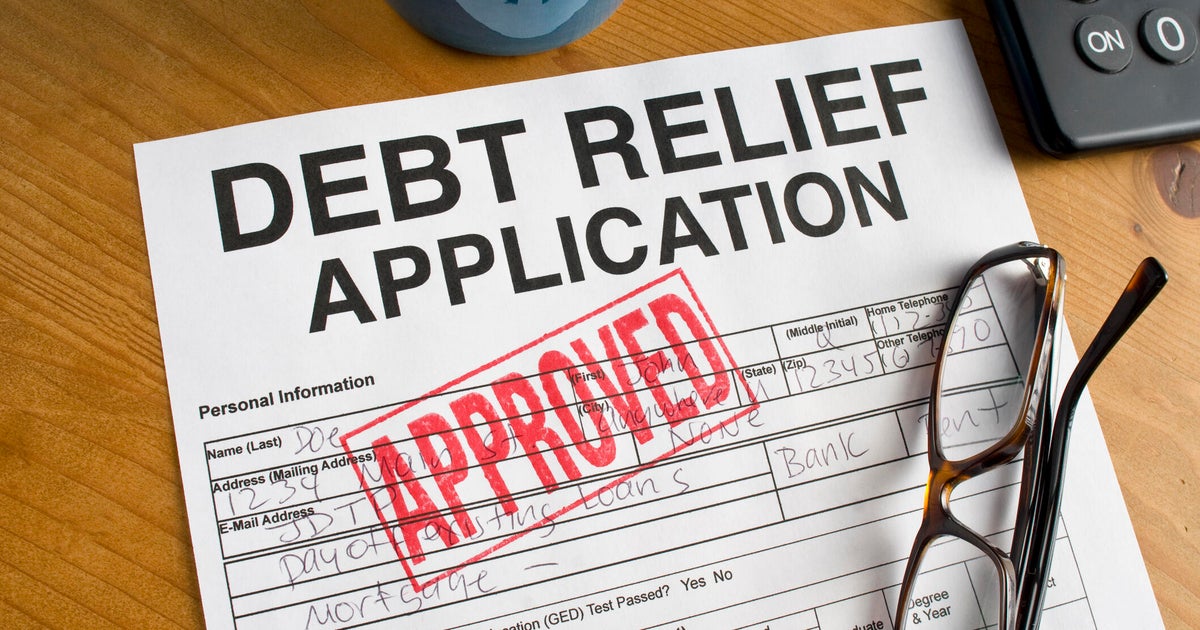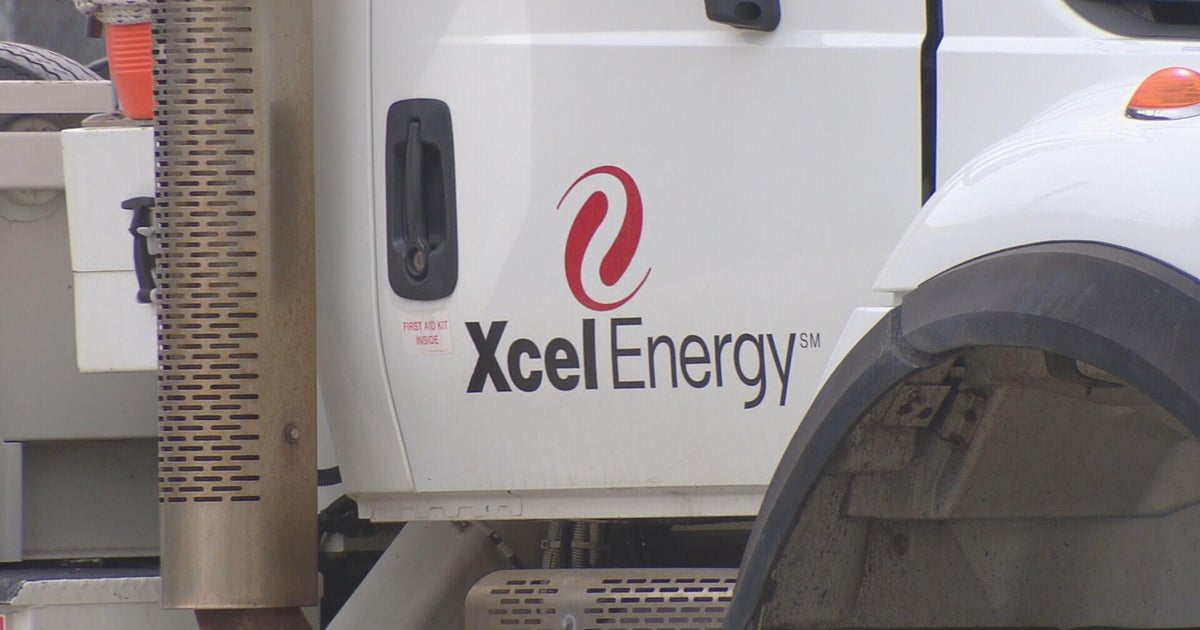Want to retire early? Here's what experts say to do
Many Americans are finding that retirement happens sooner than anticipated. The expected median retirement age is 65, but the reported median retirement age is 62, according to the Employee Benefit Research Institute (EBRI).
Sometimes, early retirement happens unintentionally, such as due to health issues or job loss later in life. That doesn't always lead to ideal retirement outcomes, as these retirees might not have their finances as prepared as they'd like.
Other people stop working by choice when relatively young. Doing so often involves careful planning and lifestyle adjustments. Those in the Financial Independence, Retire Early (FIRE) movement, for example, often save significant portions of their incomes to achieve early retirement.
But saving isn't the only aspect of being able to afford and enjoy an early retirement. If you want to reach this goal, consider the following steps.
Learn more about investing for retirement here.
Want to retire early? Here's what experts say to do
Set yourself up for a successful early retirement by taking these steps.
Do the math
If you want to retire early, you need to do the math to see what's financially feasible.
"Plan ahead, and then plan some more," says Emily Smith, CFP, director of financial planning at Williams Jones Wealth Management.
"Understanding what your cash needs will be in retirement is the largest piece of the puzzle," Smith says. "From there, you can look to your portfolio and any other income sources you may have to determine if early retirement is feasible or if it requires increased savings or delayed retirement."
The calculations can get complex, but some of the basics include factors such as your:
- Ideal retirement age
- Expected annual spend in retirement
- Expected years in retirement
- Assets (e.g., retirement portfolio)
- Debt (e.g., mortgage)
- Annual savings
- Future retirement income (e.g., Social Security)
Online calculators can help you do some of this math, and you can also work with financial advisors or similar professionals to calculate early retirement scenarios.
You can connect with an experienced financial advisor here.
Set a budget
While there are several factors that affect early retirement, one of the most important is whether you can stick to a budget.
Because no matter how much money you save for retirement, overspending can cause your plan to fail. Having $5 million saved for retirement likely doesn't help if you spend $1 million per year, for example.
"If you want to retire early, the most important thing you can have is awareness around your finances. By ending your active income-earning years early, you will have to get comfortable with a budget," says Misty Lynch, CFP, owner and CEO of Sound View Financial Advisors.
Setting a budget, and being able to stick to it, involves planning your retirement lifestyle.
"There will be plenty of things you can't control, like inflation and market returns, but how much you spend is up to you," Lynch says. "This is impacted by where you live, your health, hobbies, lifestyle and knowing how much it costs to be you. [This] is critical to knowing how much money you will need to be able to afford a long retirement."
Keep in mind that your retirement lifestyle might differ from your current one, so that can affect your finances.
"Early retirees are often more active, traveling and doing the things they didn't have time for when working," says Doug Ornstein, CFA, senior integrated solutions manager, TIAA Wealth Management.
While that may sound fun, it's important to be realistic about whether you can budget accordingly.
"If you don't like discipline when it comes to your finances, it may be a better idea to find a job that you love and can see yourself doing for a long time instead," Lynch points out.
Boost your retirement savings today — get started here.
Save and invest aggressively
Go reach a high enough net worth to retire early, you likely need to save and invest aggressively. That doesn't mean all risk should be ignored, but you likely need to save a substantial portion of your income and invest for growth.
"Retiring earlier than average requires saving and investing more than average," says Allen Mueller, CFA, founder and financial planner at 7 Saturdays Financial. "Aspiring early retirees typically invest 30% to 50% of their income or more."
Getting to a high savings rate isn't easy for most people, but keep in mind that you're not limited to cutting expenses. While that's one lever to pull, says Mueller, the other option is to increase your income — or pursue both strategies.
"Many folks on the early retirement path pursue advanced degrees for higher salaries, drive older paid-off cars and live in smaller homes than they could technically afford." Mueller says. "This allows them to plow much more into investments than if they were big spenders."
Growing your savings and investments is also important for covering additional costs that can come with early retirement, like the loss of employer-sponsored health insurance.
"Retiring mid-50s instead of mid-to-late 60s can mean needing at least hundreds of thousands more to start, and an even more personalized plan for replacing income," says Ornstein.
You also need to account for inflation, which is why many on the early retirement path need to invest in stocks, adds Lynch. These investments can potentially outpace inflation, whereas other choices like high-yield savings accounts might be like treading water.
Diversify your investments and accounts
While investing for growth is important, that doesn't mean you should be recklessly aggressive. For one, don't put all your eggs in one basket when it comes to retirement investments.
"I recommend investors stick with broadly diversified investment funds and avoid large positions in single stocks," says Mueller. "Remember Enron? What about Kodak? Making big bets on individual companies can result in quick gains, but it can also derail your financial plan."
Also, consider diversifying your assets across different types of accounts. While early retirees will likely still use retirement accounts like 401(k)s or individual retirement accounts (IRAs), those can incur penalties for early withdrawals. So, supplementing these accounts can help.
"For those looking to retire before their 60s, products like taxable brokerage accounts and life insurance can offer a way to draw income with lower tax consequences than drawing from qualified retirement plans," says Ornstein.
Find out how to save for your early retirement now.
Don't assume all debt is bad
While some early retirees try to steer clear of debt as a way to minimize expenses, that's not always an optimal strategy.
It's possible that holding onto some debt, like a low-interest-rate mortgage, and keeping more of your money invested in higher-returning assets could give you more money to use in retirement overall.
"From my experience, investors are tempted to cash out meaningful savings to pay off debt such as student loans and mortgages," says Scott Custis, CFP, president and financial advisor at Money Scientific.
However, Custis notes, the power of compounding interest can mean that keeping your money invested yields greater than what you'd save in interest by paying off debt early.
So, it's important to calculate different scenarios to see what makes sense in the long run.
Picture your early retirement
Lastly, while saving and investing are important, a successful early retirement also involves picturing what this new life stage will look like.
"I encourage aspiring early retirees to spend time thinking about what they're retiring to, not just what they're retiring from," Mueller says. "Jobs provide not only paychecks but also social connection, purpose and daily structure. The happiest retirees have a plan for replacing those important aspects with other activities after they quit paid employment."
Not everyone benefits from retiring early or can make it work financially, but thinking ahead and following all of these steps can help you get there. If you can clearly picture what you want early retirement to look like, then it might be easier to stick to your financial goals so you can get there.
"Sometimes, I talk to people who want to retire early simply because they hate their job, but they don't have any plan for retirement," says Lynch. "The ones who are more successful know exactly what they plan to do with their days, and not just the honeymoon phase."






